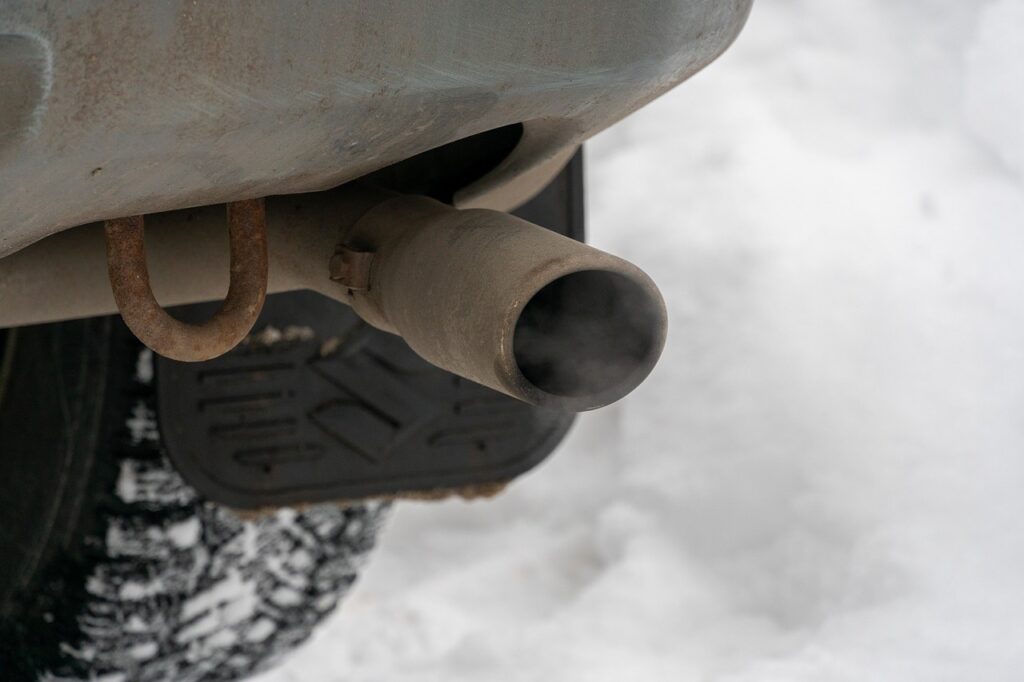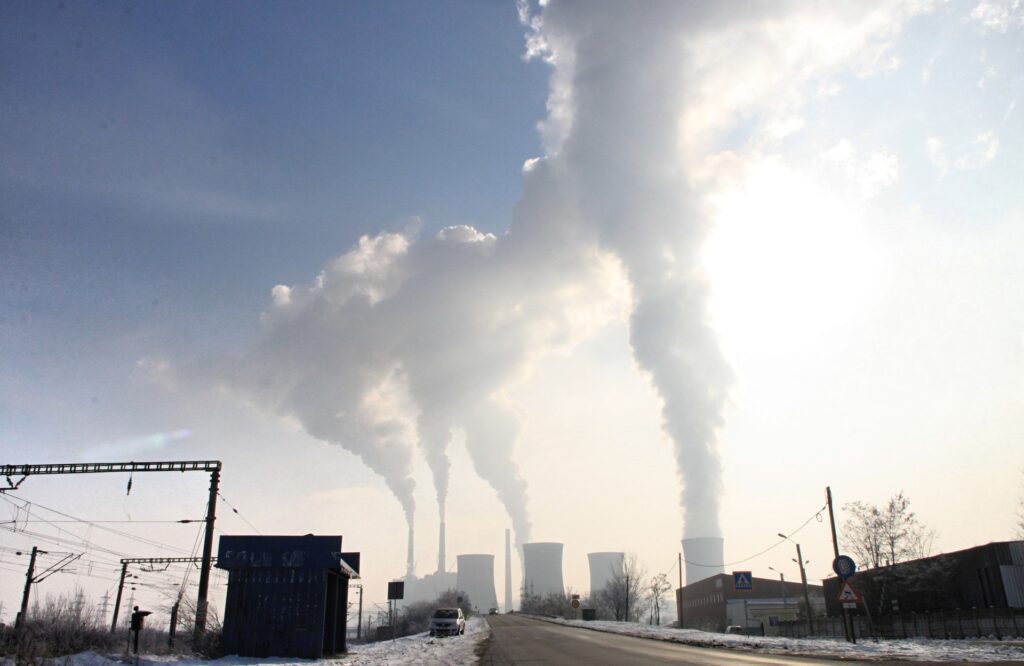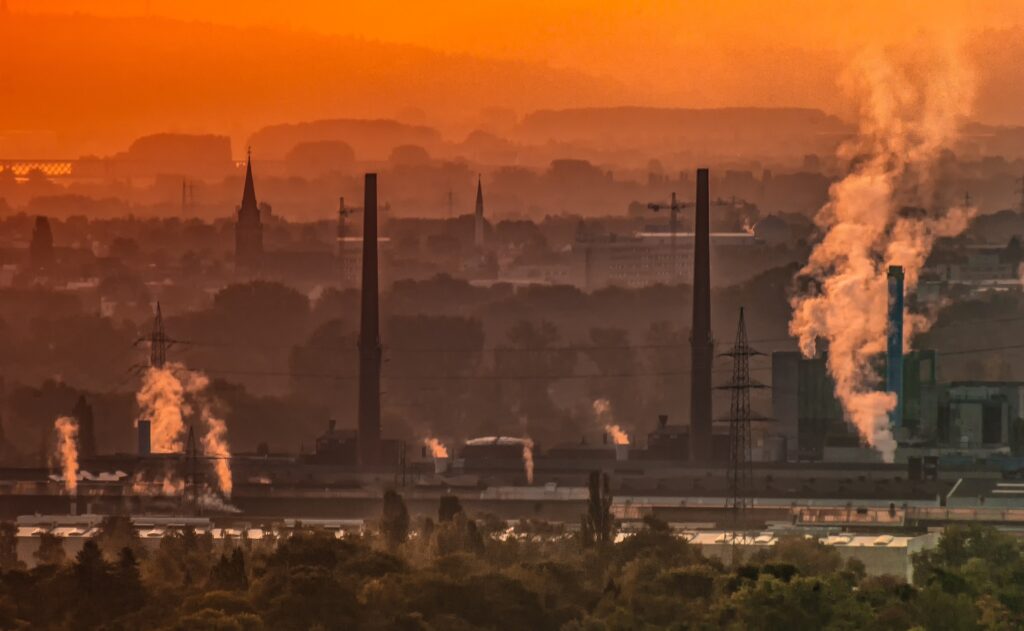- EPA seeks to strengthen federal limits on industrial particulate matter (soot), one of the country’s most deadly air pollutants.
- EPA is also considering public comment on an annual level as low as 8 micrograms per cubic meter and as high as 11 micrograms per cubic meter.
- Public health advocates and officials say proposed rules are inadequate.
- Final rule is scheduled for August 2023.
By: CNBC | January 6, 2023
The U.S. Environmental Protection Agency on Friday proposed a rule that would strengthen federal limits on industrial soot, one of the country’s most deadly air pollutants that disproportionately impacts the health of low-income and minority communities.
The proposal is the latest action by the Biden administration to better address environmental justice and air pollution. Research shows that exposure to particulate matter, known as PM 2.5, leads to heart attacks, asthma attacks and premature death. Studies have also linked long-term exposure to soot with higher rates of death from Covid-19.
Communities of color are systematically exposed to higher levels of soot and other air pollutants as they are more likely to be located near highways, oil and gas wells, and other industrial sources…
Some public health advocates criticized the proposed standards as not going far enough. Paul Billings, senior vice president at the American Lung Association, said the soot standards must be lowered to an annual level as protective as 8 micrograms per cubic meter in order to best safeguard public health.
Read more from CNBC.



